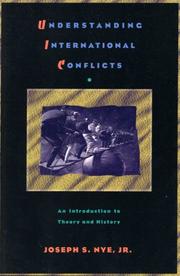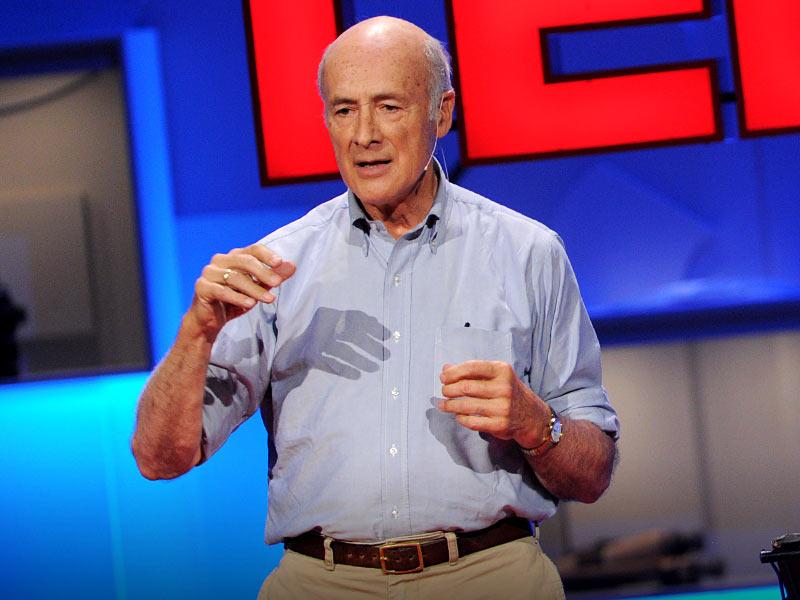

Hard power can rest on inducements (“carrots”) or threats (“sticks”). We know that military and economic might often influence, or force, others to change their position. If you want to get deeper into the subject, I recommend Nye’s book Soft Power and American Foreign Policy.Įveryone is familiar with hard power. I’ll quote from that article quite a bit, and of course you can find it online. Nye Jr., former Dean of the Kennedy School of Government at Harvard University, is credited with inventing the term soft power in an article entitled simply “Soft Power” published in the journal Foreign Policy in 1990. Then, to help make it a little more substantial or easier to grasp, I will discuss soft power as exercised through public diplomacy and how our Embassy practices it in Sri Lanka and Maldives. Nonetheless, I will spend some time on the textbook definitions of hard power and soft power. It is a somewhat hard topic, if I may say so, because although much has been written about it, I find the definitions somewhat slippery, or elusive. Pamela assigned me the topic of soft power, hard power and public diplomacy. I wish you every success representing your country abroad, and welcome you to the work of foreign affairs. I started my own diplomatic career 30 years ago and have enjoyed every minute of it, from my first assignment in Tunis to this posting as Deputy Chief of Mission in Colombo. Thank you Pamela and congratulations to all of the cadets here on joining Sri Lanka’s Foreign Service. NOFO – 2017 AFCP Large Grants Competition.NOFO – 2018 AFCP Small Grants Competition.NOFO – 2018 AFCP Large Grants Competition.Chung’s Remarks at Bar Association of Sri Lanka National Law Conference Chung’s Remarks at Independence Day Event Chung’s Remarks at the Closing Ceremony for the Maritime Law Enforcement Training Program



 0 kommentar(er)
0 kommentar(er)
